select substring_index(SUBSTRING_INDEX(title, ' ', title+1), ' ',-1) as word ,
COUNT(*) AS counter
from feed_collections
group by word
ORDER BY counter DESC;
The table has 1785123 rows and I thing this is the problem.
This is the error query (1690): BIGINT value is out of range in '(feed_collections.title + 1)' and I don't know how to fix it.
The query worked until around 1500000 rows.
The table contains 3 columns: title(text), url(text), date(datetime).
The code is finding most common words in column title
Example:
Table
+----------------------------------+-----------------+
| title | url |
+----------------------------------+-----------------+
| the world of ukraine | www.ab |
| count the days until christmas | www.abc.com |
| EU and NATO wants to use bombs | www.abcd.com |
| Ukraine needs help from NATO | www.abce.com |
+----------------------------------+-----------------+
Result
+------+-------+
| word | total |
+------+-------+
| nato | 5 |
| of | 14 |
| and | 11 |
| To | 9 |
| that | 7 |
| ukraine | 2 |
| EU | 1 |
+------+-------+
I adapted the code from here: How to find most popular word occurrences in MySQL?
 This works with small data. Seems to be a problem when tries to filter large data.
This works with small data. Seems to be a problem when tries to filter large data.
What I'm trying to achive in the future is to find most common words in the title column grouped by 1,2,3,4,5,6,7 words.
It will exists a select box to select how many words to use.
Example:
I will select to find most common words with 4 words.
Title: 1. Nato is using force , 2. Eu and Nato is using force.
Results with 4 words:
'nato is using force' found 2 times in title.
Any idea how to fix or how to do a query for this? I'm working with laravel, a solution would be to create a php method...